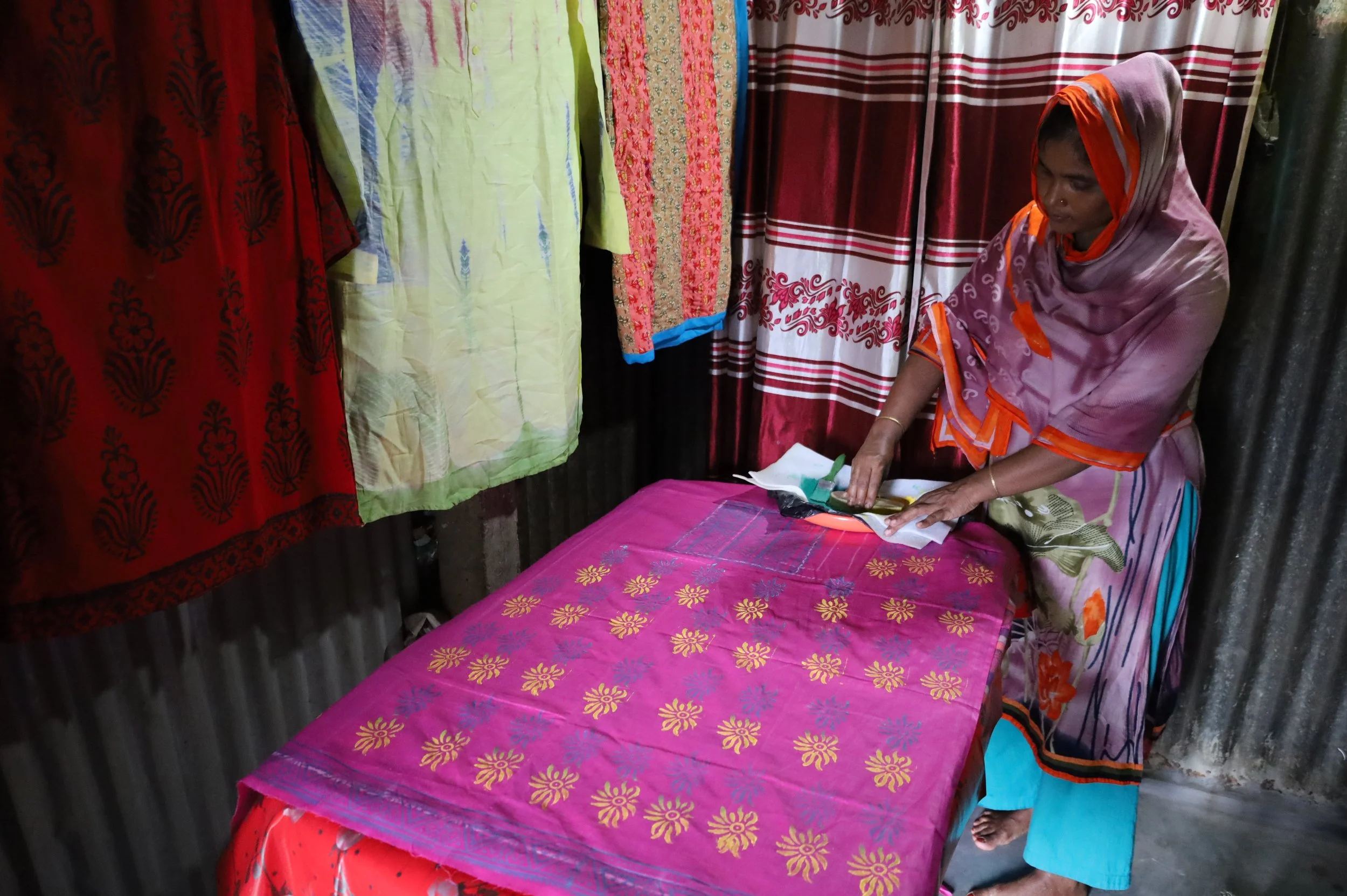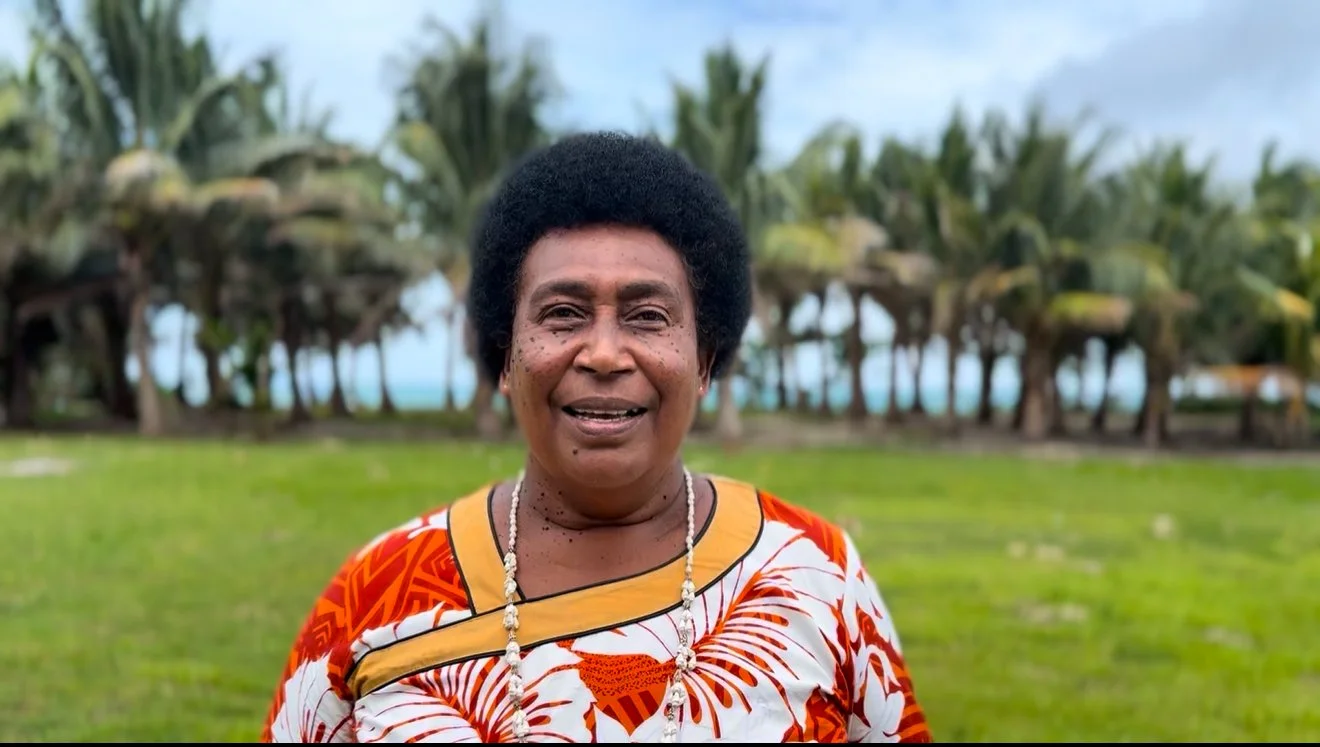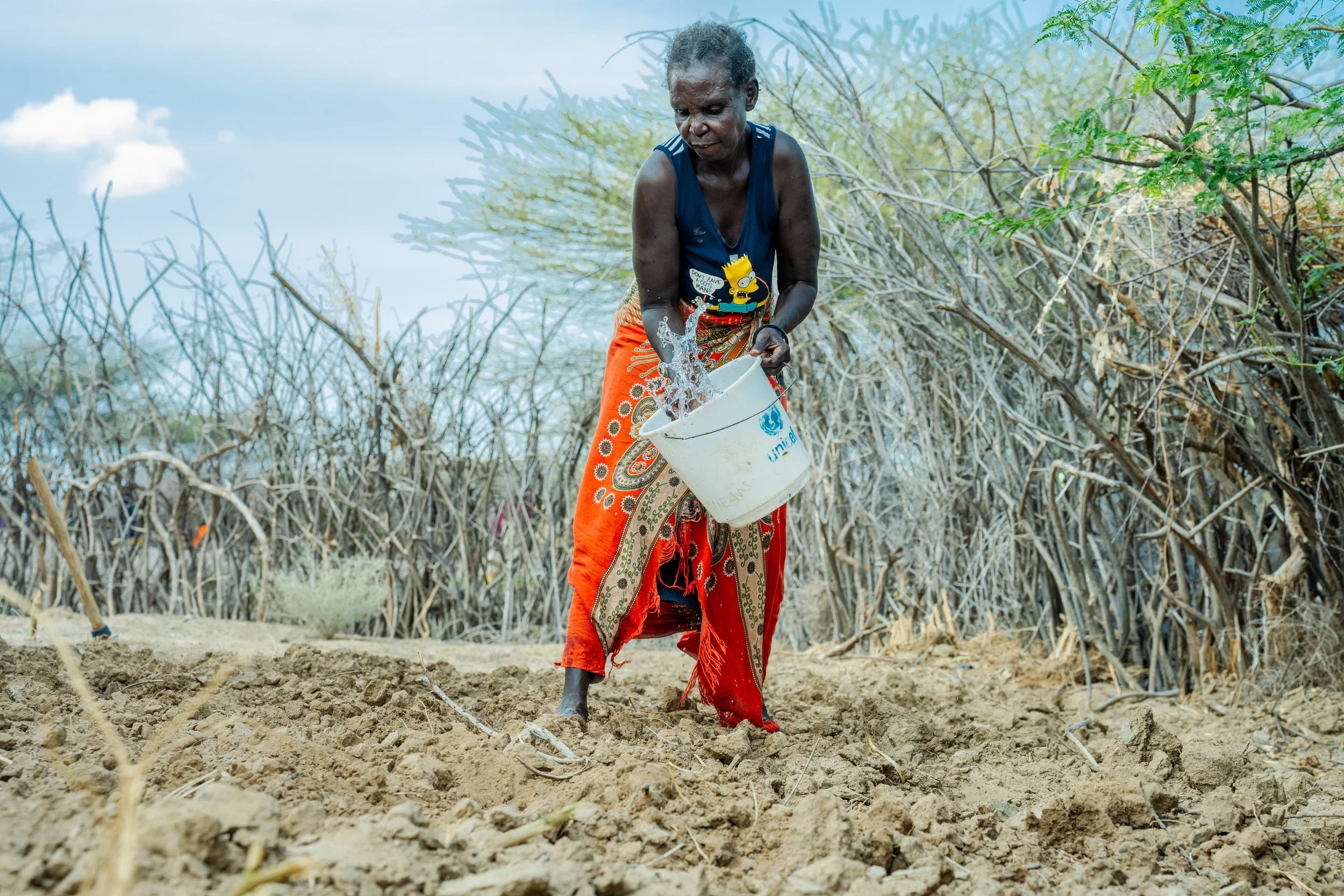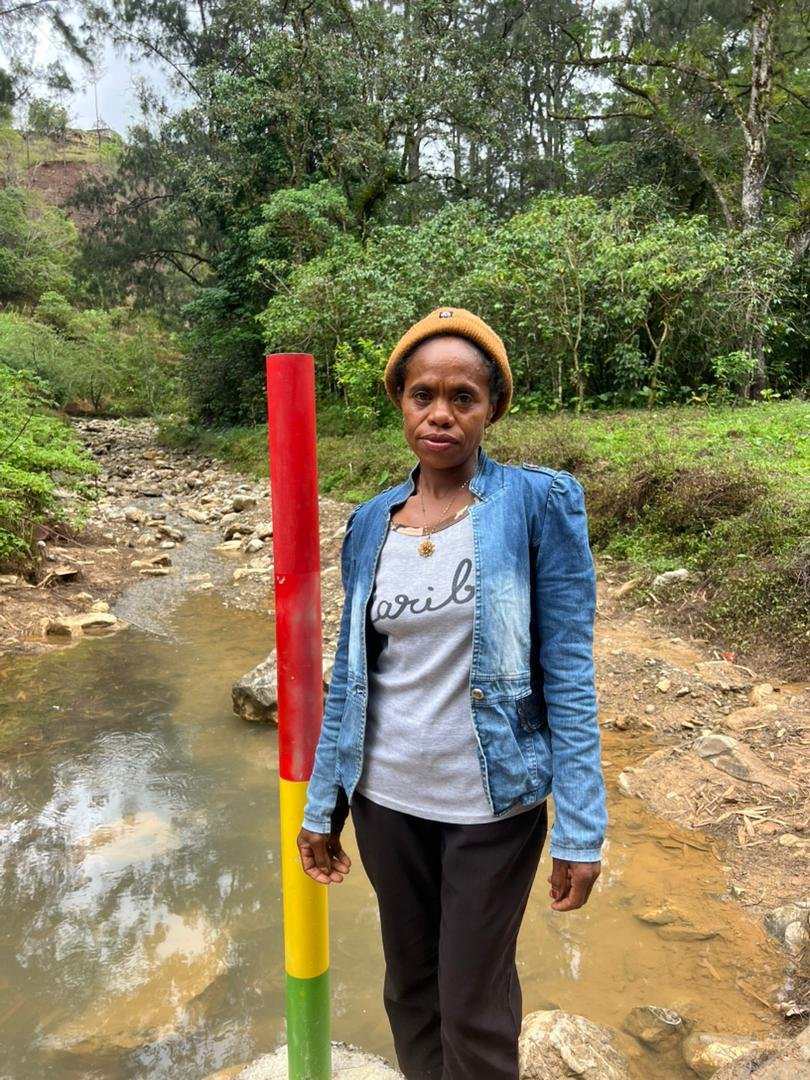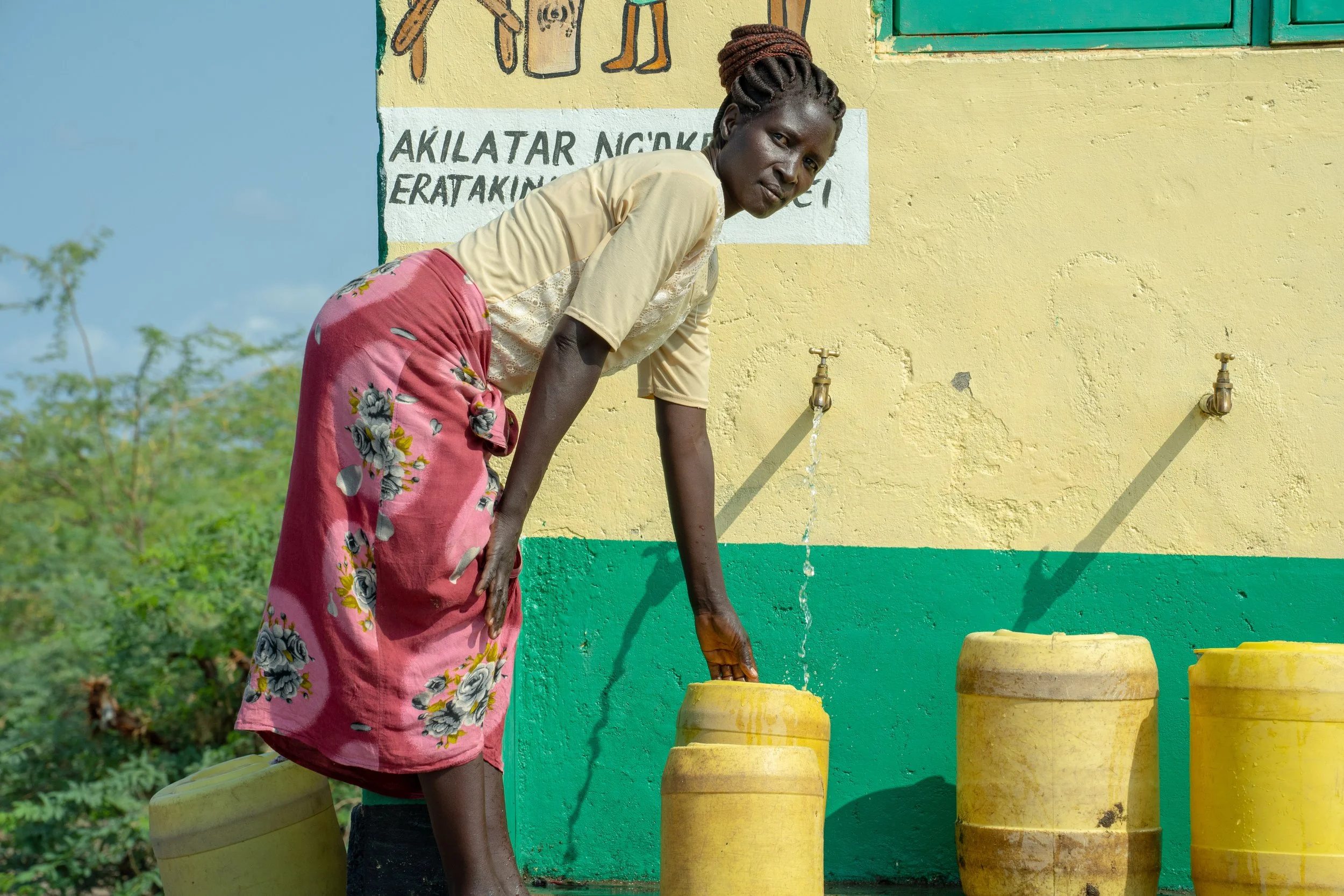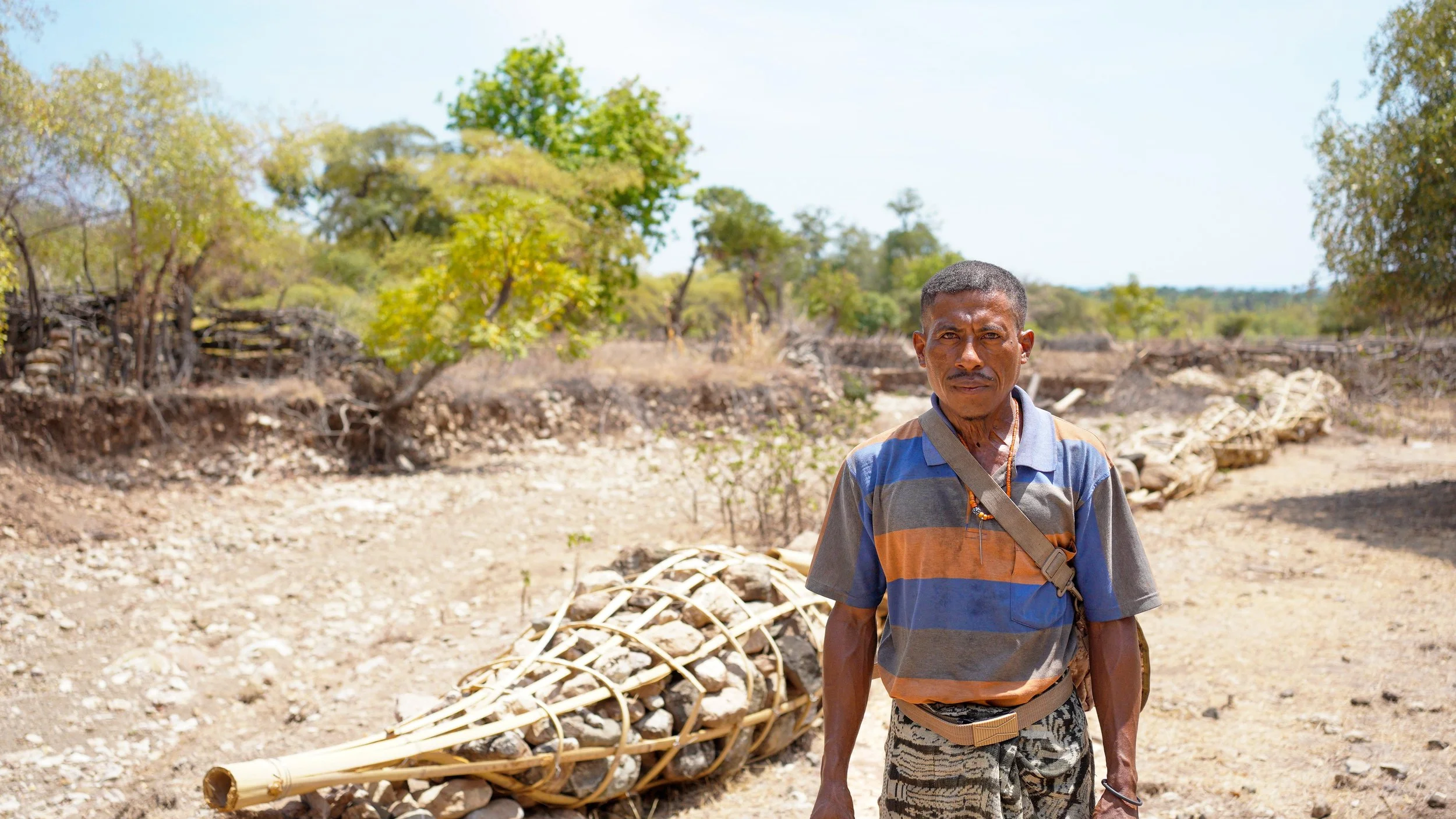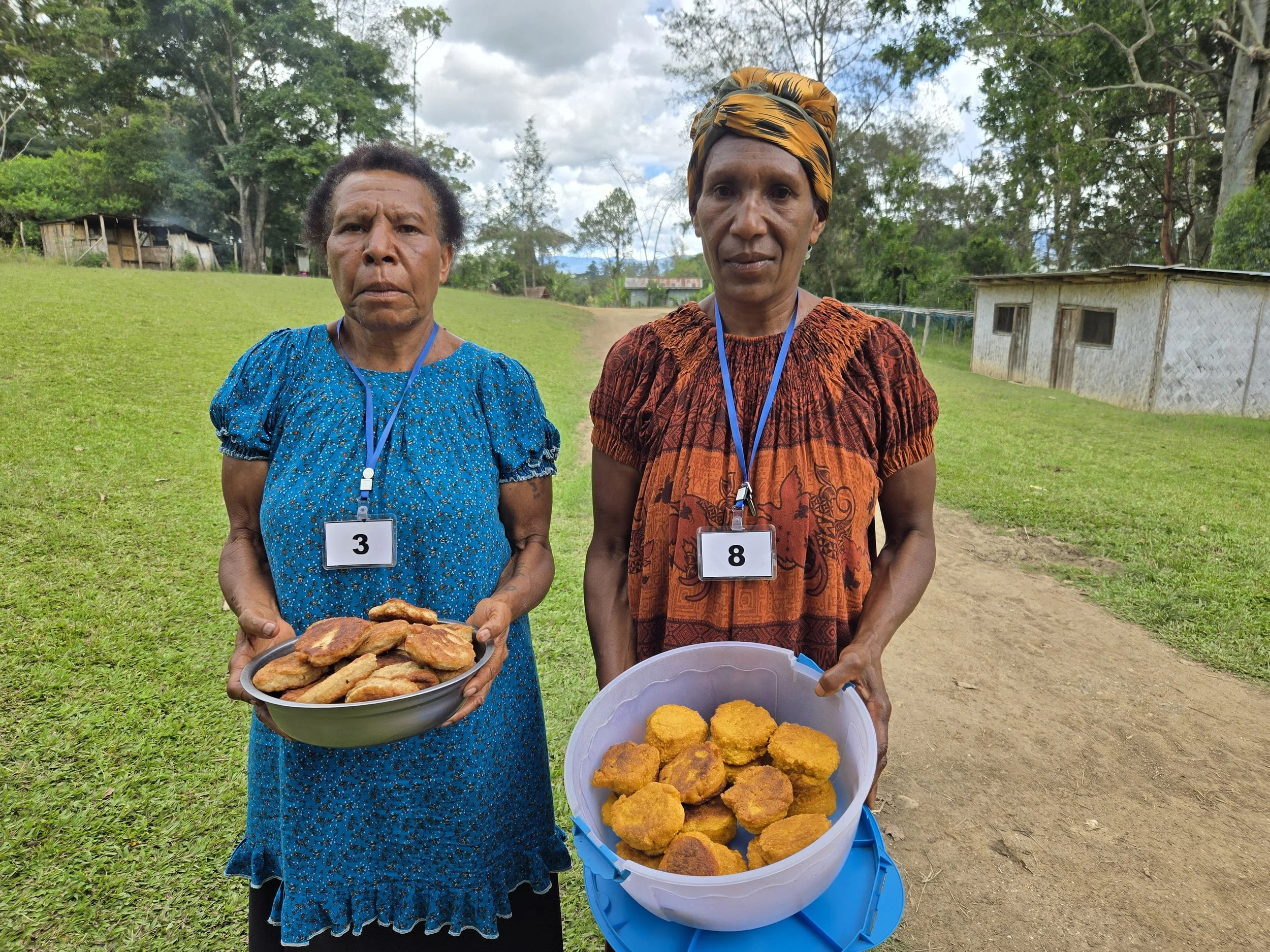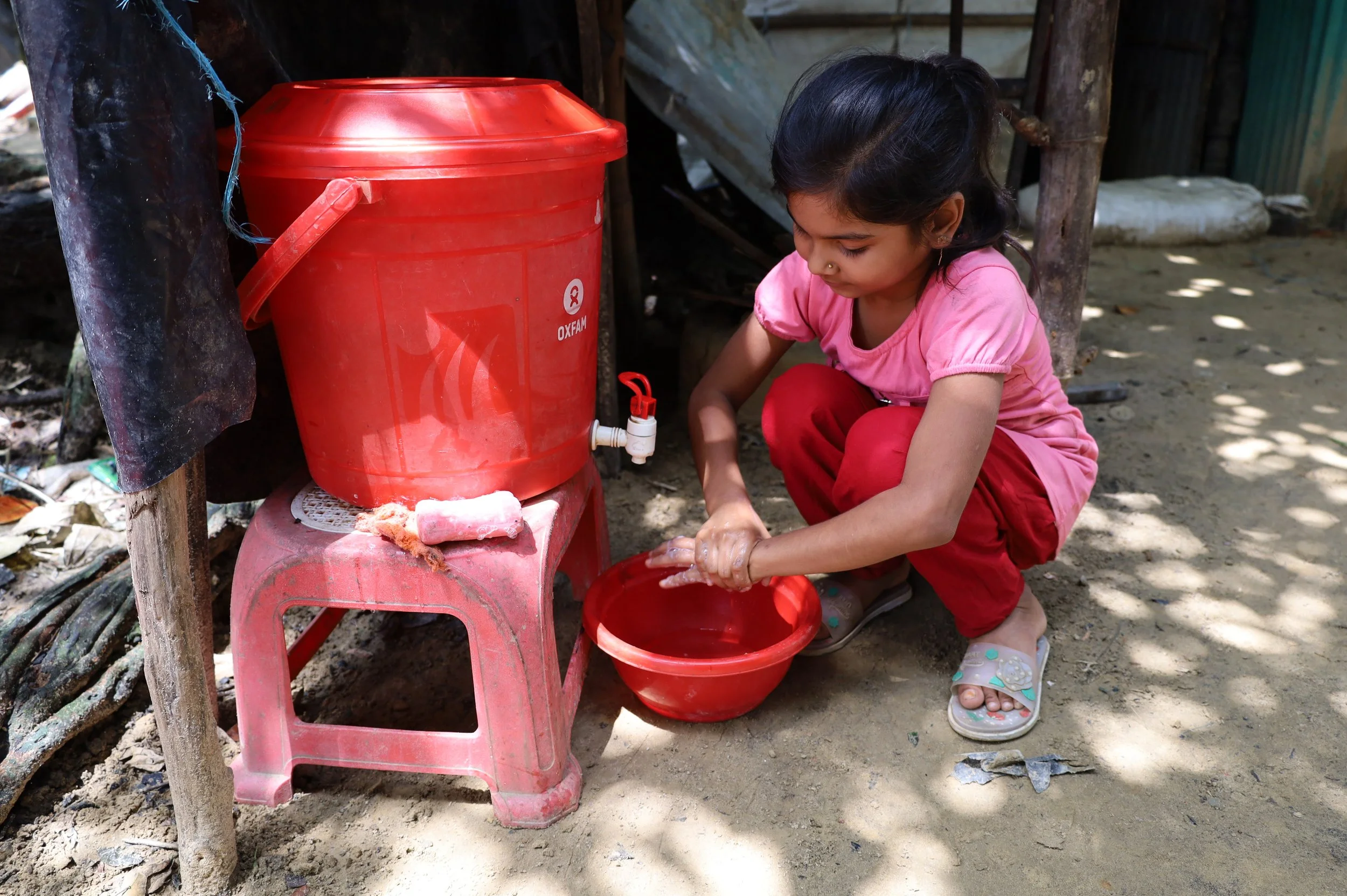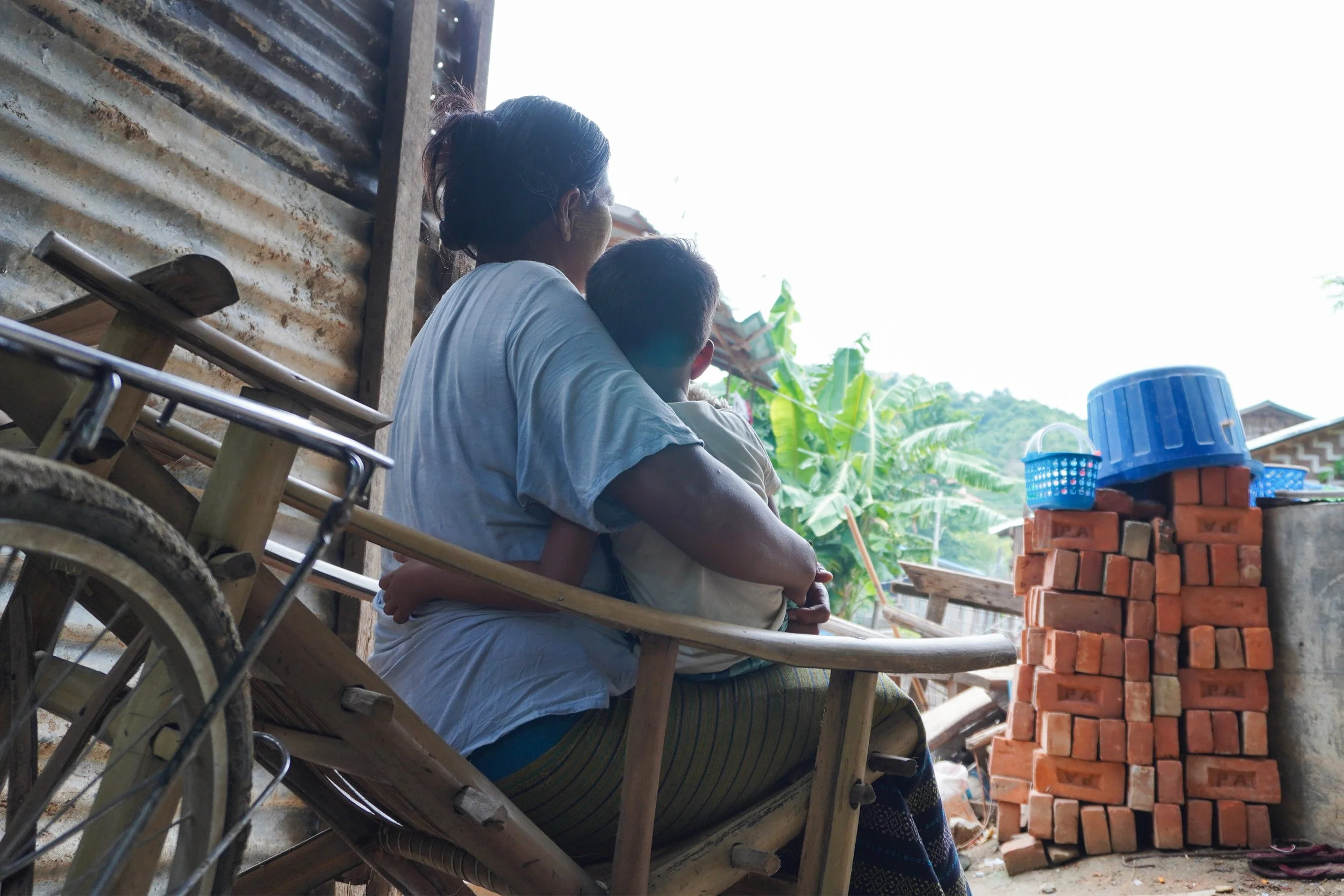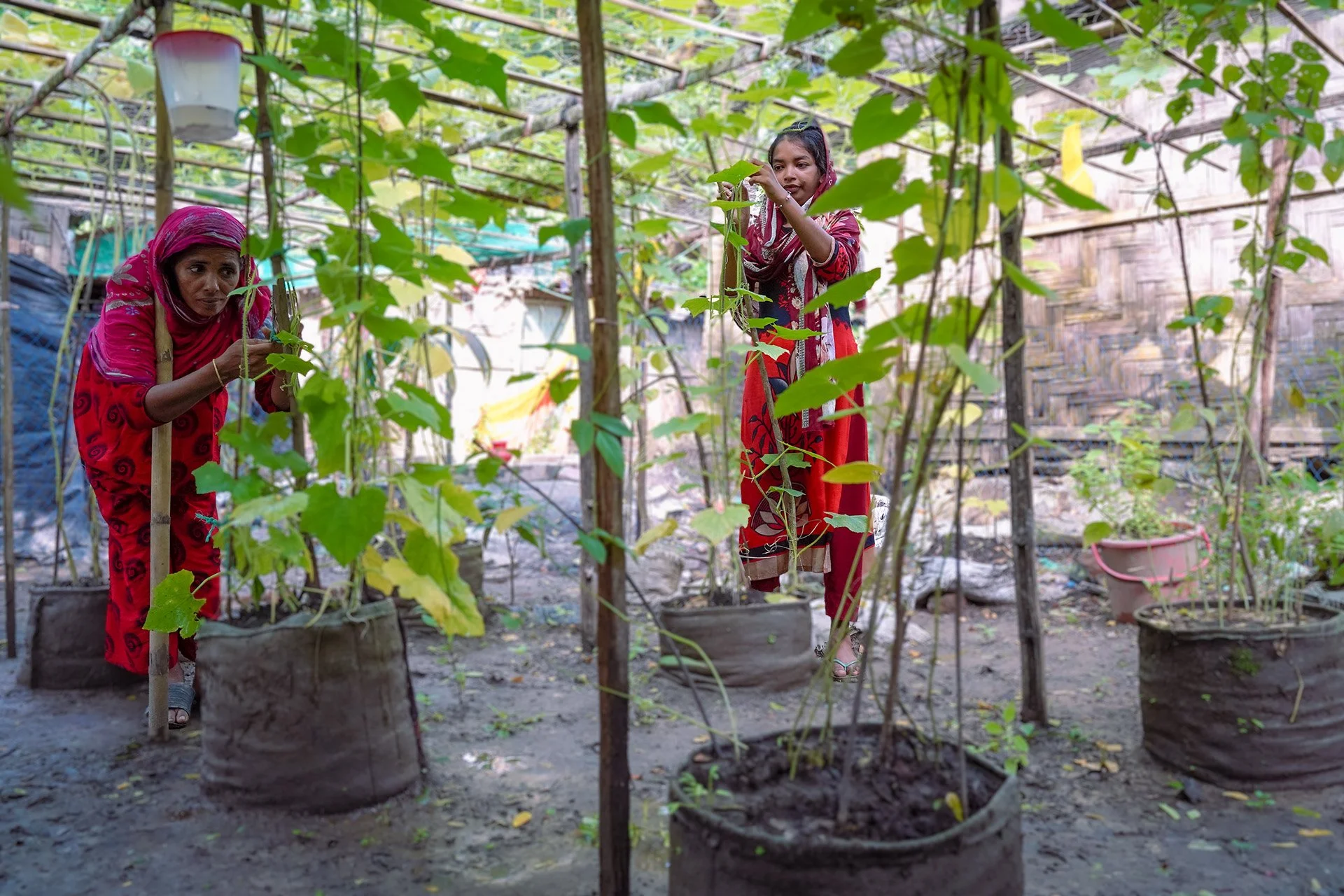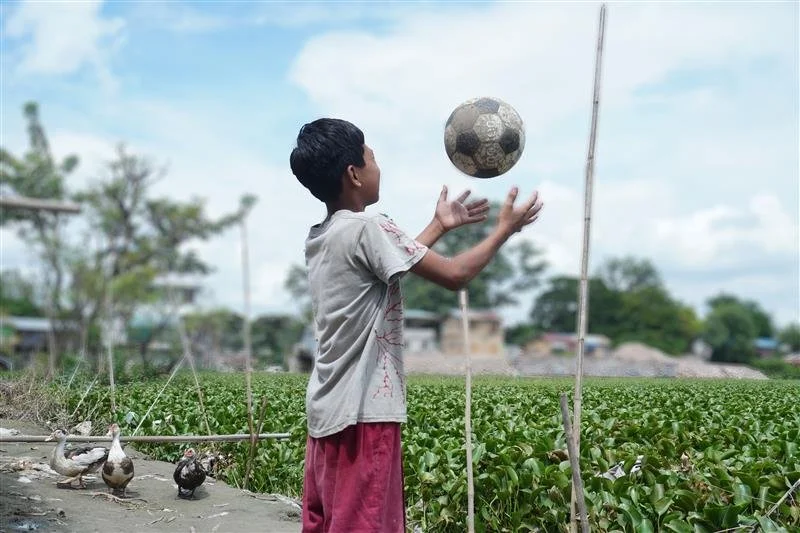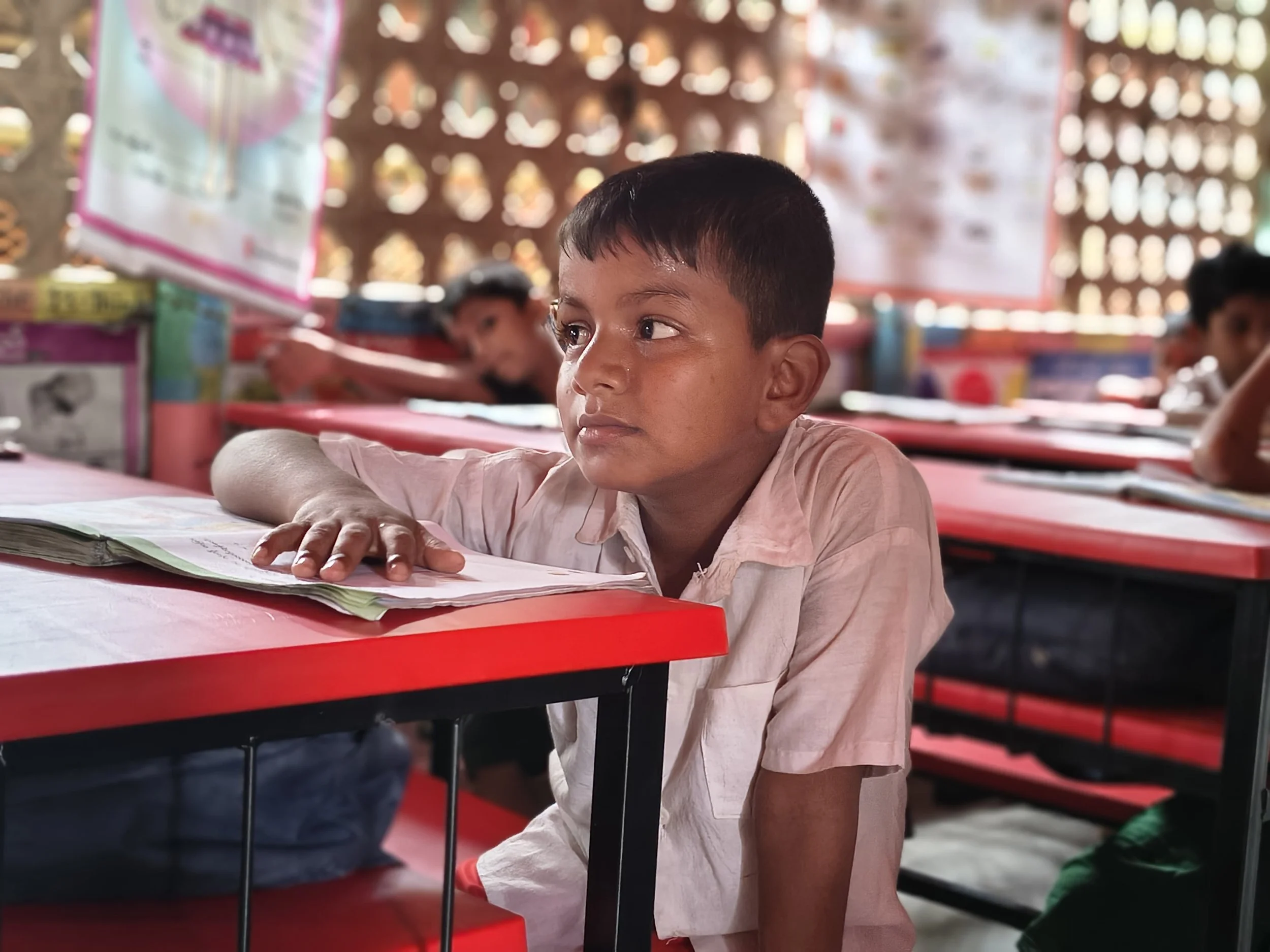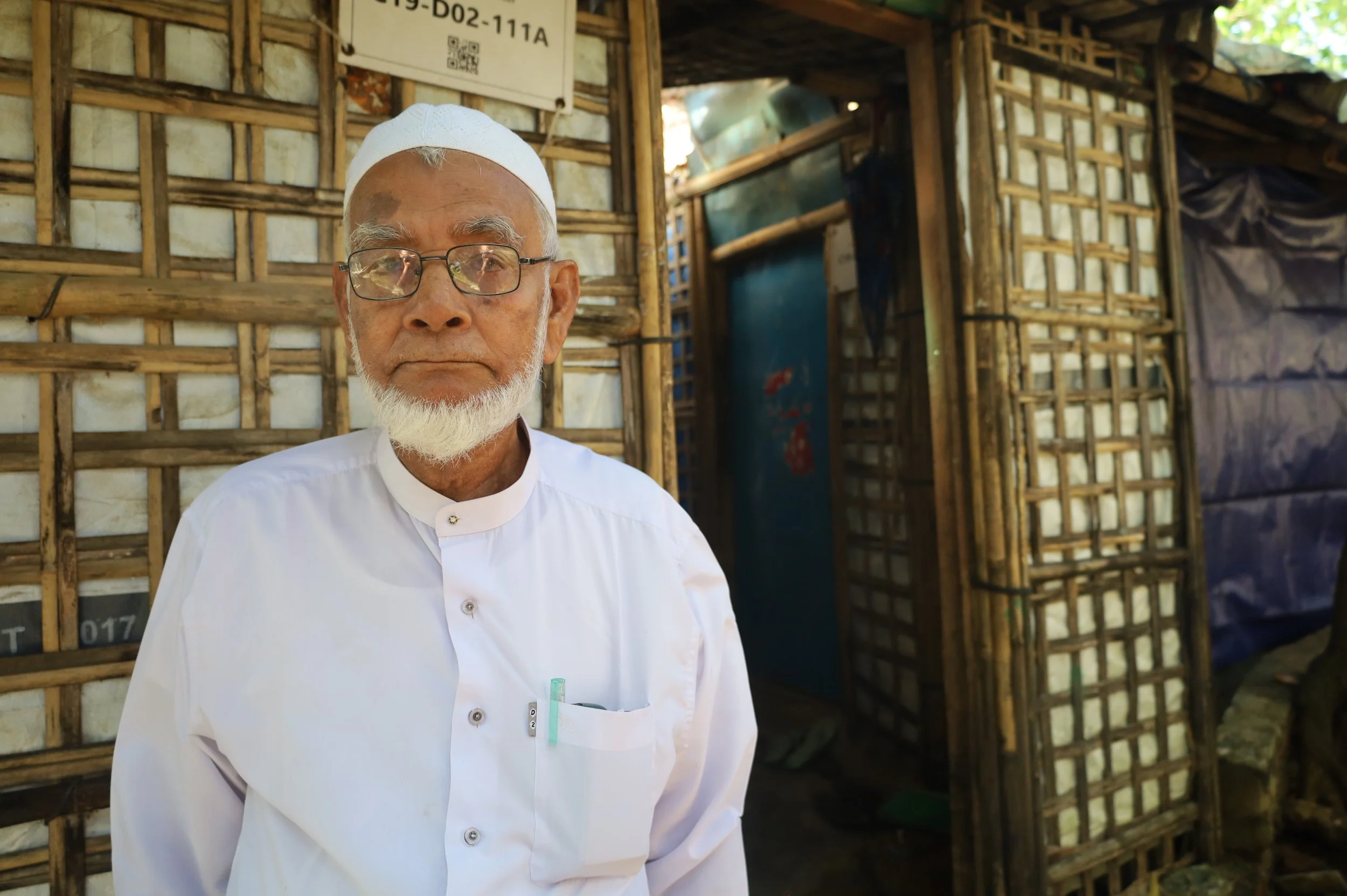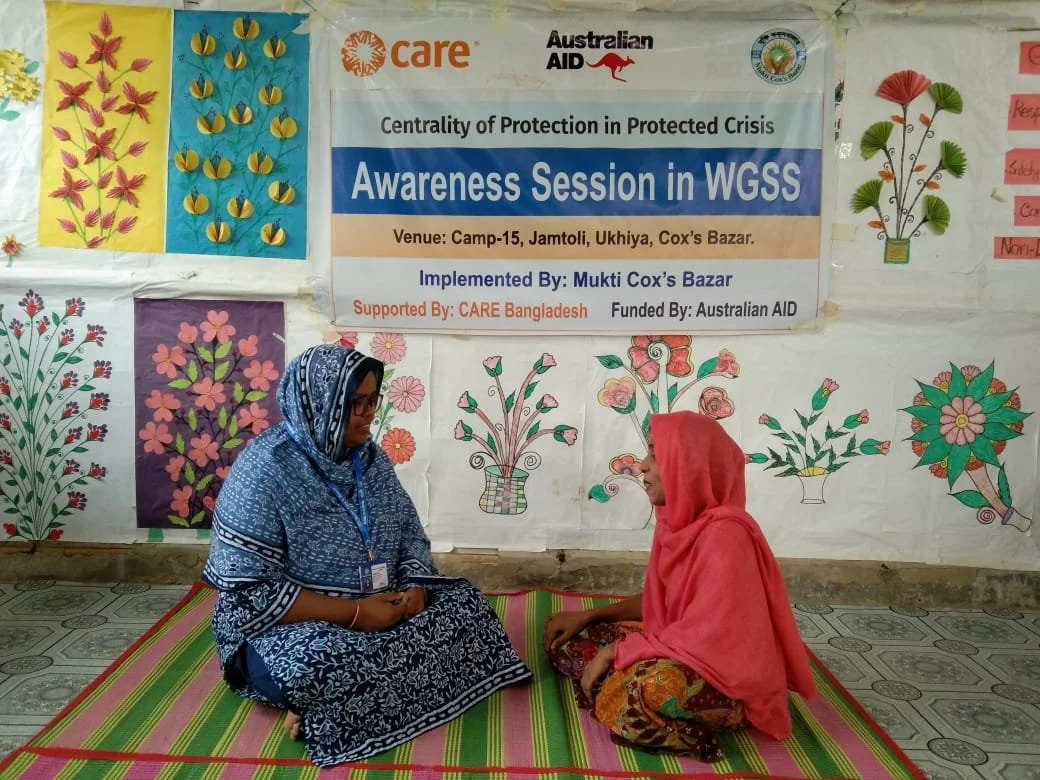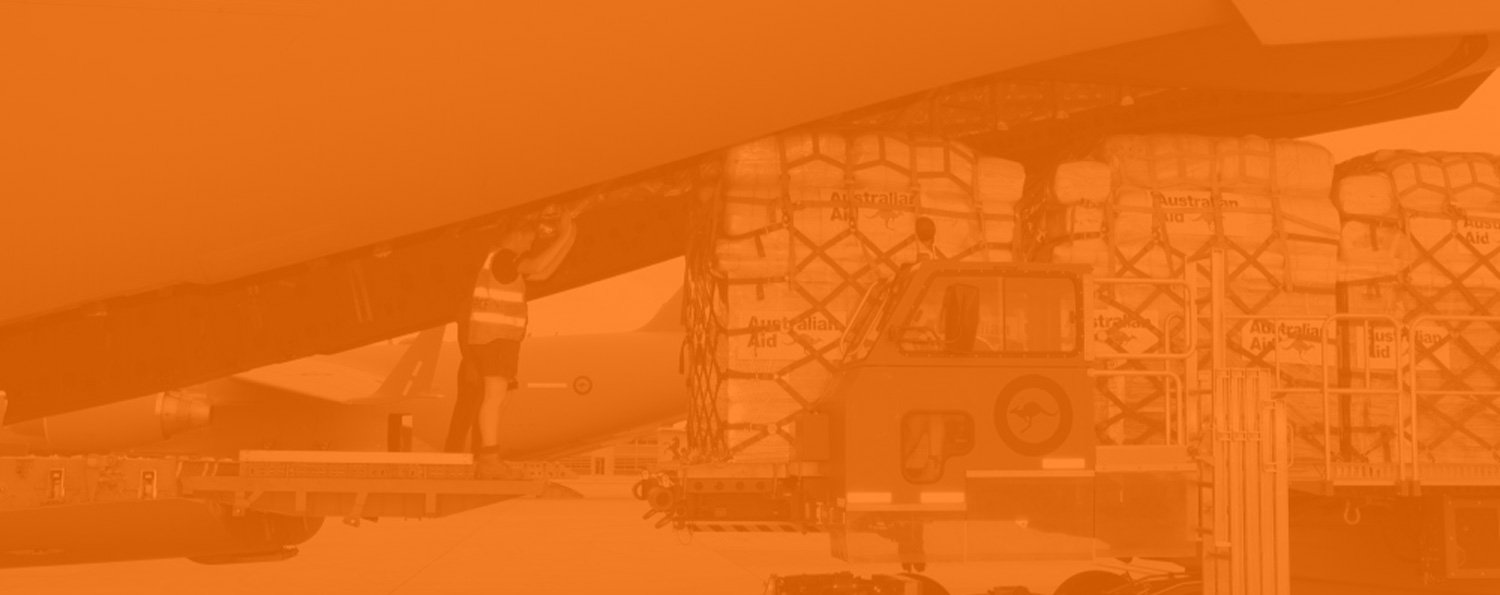
Field Stories
Latest Field Stories
In the Autonomous Region of Bougainville, PNG, Junior has gone from a participant of Disaster Risk Reduction training to a workshop facilitator, supporting youth with skills and knowledge on food processing.
After a series of hard knocks to her family’s financial stability, training in handicrafts through the AHP response in Bangladesh has supported Kulsuma to turn things around, while injecting beauty and colour into her community.
“If we had undergone Disaster preparedness training before Winston, we would not have panicked and lost lives.” Head of the Women’s Group for Mualevu District, Maraia is thankful for opportunities and knowledge that she is now determine to pass down through the generations.
After surviving drought and family violence, Elizabeth decided to restart her farm and plant nutritious vegetables after accessing training and farm tools through the AHP response in Kenya. Now she has an income, more knowledge and feels secure.
In Timor-Leste, early warning systems need to be informed by local knowledge to ensure they are fit for purpose and as effective in mitigating the impact of disasters.
Margareta Arasio is a champion of good sanitation practices and hygiene in her community: and she is passionate about it. After learning about community-led total sanitation through the AHP response in Kenya, and seeing the difference it has made to child health, she is encouraging other villages to get on board.
Through the construction of capture holes and permanent cisterns, Disaster READY teams are supporting communities in Timor-Leste to strengthened their resilience against water scarcity. The initiative has improved access to water for farming and income generation, enhanced school hygiene (WASH), and supported consistent food supplies for student nutrition.
Agustinho’s community learnt that true resilience is built by working together. “When we build gabions, we protect our farms,” he said. “When we conserve water and plant trees, we protect our future. This project has brought real change. We are no longer afraid of the floods. We have water to drink, trees to protect our soil, and savings to support our families. All we need now is to keep working together.”
In October-November 2024, the Philippines endured a wave of destruction as the country was hit by six cyclones within 30 days. A year later, communities are recovering thanks to the AHP response.
"Our ancestors didn't even understand the food preservation methods… Now, my children and I won't be hungry when the dry season comes; we still have our flour to eat." Read how Disaster READY is enhancing food security and providing an income for women in PNG.
Fatema’s daughter had been facing constant stomach problems. But a visit from an AHP-supported NGO reminded her of the importance of handwashing. The simple change to the family’s routines improved everyone’s health.
Support to establish a kitchen garden through AHP partners has helped 19-year-old Rohingya refugee Rajia boost her family’s nutrition and earnings. She has become known as a ‘green queen’ in her neighbourhood, inspiring other girls to start businesses.
Daw Lin Lin’s home was badly damaged in the March 2025 earthquake that struck Myanmar, forcing her family to live in a nearby field. Cash support helped the family undertake repairs so they could return home.
Through Disaster READY, CARE has worked with Sulphur Bay and five other nearby communities to form and strengthen local CDCCCs—grassroots structures that are reshaping how disasters are understood and managed at the village level. The program has helped transform disaster planning from something reactive and ad hoc into something proactive and inclusive.
19-year-old Tasmin took a chance for climate smart agricultural training supported by AHP and has turned it into a diverse set of small businesses that are now supporting her whole family. With earnings from her garden, Tasnim bought a goat, a sewing machine, and has even leased land to expand her cultivation. She hopes she can inspire other girls with her entrepreneurial efforts.
Former Socceroo captain Craig Foster, Rohingya refugee advocate Noor Azizah, and Dr Graham Thom from the Refugee Council of Australia recently visited an AHP-supported centre for children and youth in Cox’s Bazar.
Erichom Bakery in Northwestern Kenya has become a community hub, breaking down stigma and providing support for people affected by HIV/AIDS. The bakery is also supporting a savings and loans association, in turn improving the nutrition and health of its members.
Multipurpose cash assistance helped Ma Nu Nu to get her son the medical care he needed after contracting Hepatitis A in the aftermath of the destructive Myanmar earthquake.
Participation in a Cash for Work program to improve the disaster resilience of camps in Cox’s Bazar was transformative for Mojiullah, who lives with a mobility disability. He took his earnings to start a small business, and then started his own family, moving from isolation and dependence to a new life.
“When my son first called me ‘Amma’ (mother), I couldn’t hold back my tears. It was the first time he ever said it, after so many years of silence.” Inclusive education in Cox’s Bazar, Bangladesh, supported through AHP has helped Sadek find his voice.
In Cox’s Bazar, Bangladesh, training on homestead gardening along with a start up kit has boosted the nutrition of Naju’s family, and also supported them to earn an income.
Case management services through Women and Girls Safe Spaces in Bangladesh helped Salma and her family to access psychosocial support, training and new skills, improving their resilience and overall wellbeing.
Shazeda had forgotten the taste of icecream — the simple treat was an unaffordable luxury for her refugee family struggling to survive day-to-day. After attending women’s leadership training and opening a small shop, Shazeda is now a confident entrepreneur — treating herself to her first icecream in years with her earnings.
Before Disaster READY partners installed a clean water system, Julieta and her community had had enough: “It made us tired and discouraged. We couldn’t continue growing crops during the dry season, and that affected our family’s economy.”



